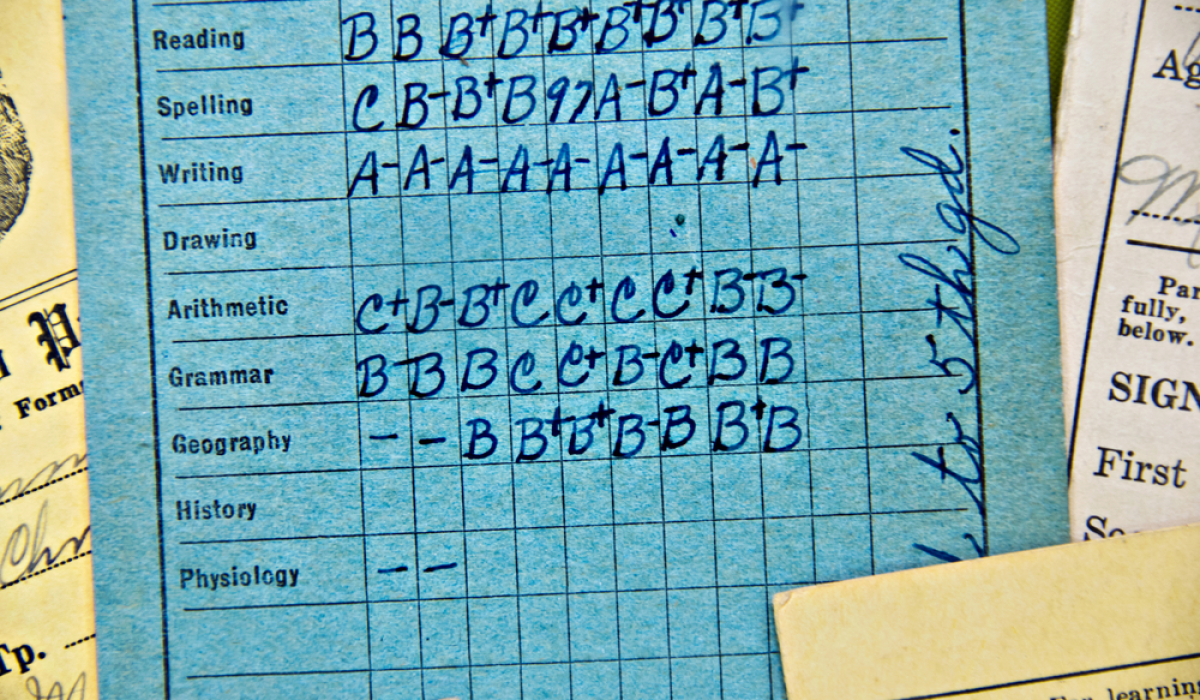
The other day when one of our kids nonchalantly mentioned going online two or three times a day to check grades, we turned to each other in near disbelief.
“Back in our day,” grading was a process cloaked in mystery. We recall grades arriving in the U.S. postal system. Sure, we had a general idea of how we were doing academically, but nothing like today’s real-time updates through online portals. (Slight digression: When was the last time we thanked our kids’ teachers for all they do?)
And yes, we confess to checking our parent portal app and occasionally overreacting to what we see there. Case in point: early in a new quarter, a “D” on a miniscule homework assignment is reflected on the portal as an overall D for the class.
Today’s immediate access to the results of a pop quiz in algebra offers a glimpse into the dangerous head-space that our families can slip into if we’re not careful. And that danger can negatively effect Level 2 of our Trinity House, Person & Relationships, a vast arena of life focused on developing healthy people and relationships. (Here’s your Heaven in Your Home Flowchart, as a reminder).
Failure can play an outsized role for our kids in today’s increasingly secular and achievement-at-all-costs culture: not only are they one click away from viewing (and re-viewing) times they’ve failed academically, but they may also be one click away from online snubs, taunting, FOMO, and anxiety, which can bring a sense of social failure.
Of course, it’s important to limit our children’s access to online socializing, but putting aside that question, for the parents’ part, it’s so tempting to take any exposure to failure as an opportunity to intervene and cushion the sting. So for today’s near-totalitarian state of achievement and performance, we offer some thoughts on failure:
- Allow your child to “sit with” and “metabolize” their little failures such as striking out in Little League or getting an F on a quiz. “Wow, that was tough”: This might be all you need to say. Don’t react. Instead, try to respond. Resist the urge to swoop in, helicopter-style, trying to make the “bad feelings” go away or, conversely, escalating the “failure” into some larger life lesson. Paradoxically, such reactive responses can have the effect of intensifying the child’s sense of shame.
- Share some stories of your own failures, with a laugh. Help put things in perspective by calling to mind the times when you were sent in to score the winning point at the buzzer, but missed the easy layup. Smile as you share it. Life goes on.
- Confidently, lovingly, and mercifully lead your child forward. Once the incident has been duly noted, move on. Renounce any temptation to revisit or replay it; instead, flood the zone of your family life with words and actions which reflect “whatever is true, whatever is honorable, whatever is just, whatever is pure, whatever is lovely, whatever is gracious,” for as St. Paul wrote, “if there is any excellence and if there is anything worthy of praise, think about these things” (Phil. 4:8).
In 20 or 30 years, our kids will probably look back on checking their grades online as antiquated, much like we recall the grades coming by mail. By then, who knows how rapidly achievements and failures will be calculated?
But, Lord willing, they’ll just shrug and laugh about all those little dramas as their hearts and minds instead recall the love they knew and experienced within the bosom of their family—reflecting the abundance of God’s overflowing communion within the Holy Trinity.

> Did you miss last week’s “7 Ways to Enter Jubilee 2025“? Choose one idea for your family and get started.
> From Mike and Alicia at the Messy Family Project, here’s a podcast episode on “10 Things to Stop Doing in 2025.”
> “Catholic parenting is above all a work of grace,” notes our friend Fr. Carter Griffin, author of the inspiring new book Forming Families, Forming Saints (here on Amazon for $17.95).

> Join us in praying for all those fighting and affected by the ongoing fires in Los Angeles, and for a merciful end to the fires.
> We’re scheduling 30, 60, and 90-min. webinars, mini-workshops, conversations, and Lenten talks for parish and diocesan groups (Zoom or in-person) for January through April. Interested? Share your idea or question at our “book a talk” link here.
> Mark your calendars and bring your entire family to enjoy one of the upcoming Trinity House Community Gatherings, including:
- Wed. Jan. 15th at St. William’s in Naples, FL
- Sat. Jan. 18th at Mary Our Queen in Omaha, NE
- Sat. Jan. 18th at Sts. Philip and James in Baltimore, MD
- Sat. Jan. 25th at St. Bridget of Ireland in Berryville, VA
- Sat. Jan. 25th at the Cathedral of St. Joseph in Manchester, NH
- Sat. Jan. 25th at St. John the Apostle in Leesburg, VA
- Sat. Jan. 25th at St. Francis de Sales in Purcellville, VA
- Sat. Jan. 25th at St. Bernadette in Springfield, VA
- Sat. Feb. 8th at St. Joseph in Herndon, VA
- Sat. Feb. 15th at St. Veronica in Chantilly, VA
Would you like to take your family to one of these upcoming Gatherings? Just check the parish website to learn more, or drop us a line and we’ll be happy to put you in touch!

> Plan now to launch your own parish’s Trinity House Community Group this year! Learn more here and schedule a 15-minute call/zoom with our team here. For $499, your parish can access all the tools needed to host 5 transformative “Heaven in Your Home Gatherings” for families, including videos, discussion questions, marketing templates, catechetical resources, ongoing support, and more. Dioceses can also take advantage of three subscriptions for just $899. Ready to subscribe and launch a Group at your parish? Here’s where you can take the first step.

“Heaven in Your Home has been such a blessing to me and my family! It is lovely and insightful, and I highly recommend it.”
– Rev. Robbie Pruitt, Fairfax, VA




